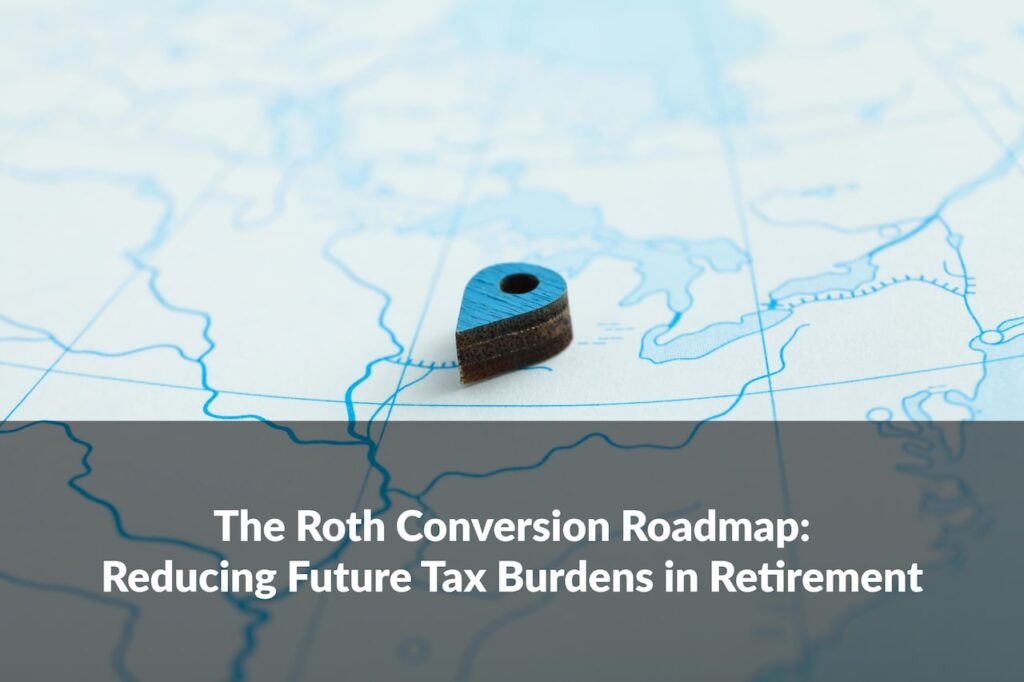If you want to maximize the amount of money you can safely spend in retirement some economists say that you should sell some of your bonds and replace them with annuities. According to Tom Hegna, there is only one mathematically ideal retirement plan and annuities are a key component.
While you are working, a diversified portfolio of stocks and bonds is the most efficient way to save for retirement, but once you retire the rules of the game change and you need to start thinking about distribution.
Tax rate risk is not the number one risk in retirement, longevity risk is more frequently cited by retirees as the number one risk they are most concerned about.
In retirement, you should not have a lot of bonds in your portfolio. There is a simple guideline that you can use to determine how much income you need to guarantee with an annuity.
Look at your lifestyle and subtract your guaranteed streams of income, like social security or rental income, and whatever is left should be guaranteed with an annuity. Everything else goes into the stock market portion of your portfolio.
If you have your lifestyle expenses guaranteed, you have the luxury of watching your stock market portfolio recover after a down year.
If you have money accumulated in a life insurance retirement plan, you can take tax-free loans out of that life insurance as well. The last thing you want to do is to cover discretionary expenses by taking money out of your stock market portfolio while the market is down.
Annuities are a form of longevity insurance. It offloads your longevity risk to an insurance company which can manage better than you can.
The alternative is relying on the 3% rule to avoid running out of money in retirement, but accumulating enough money to make that a viable choice is very difficult.
Annuities will extend the life of your investments more effectively than a well-allocated balance of stocks and bonds.
The bottom line is that bonds and stocks do not mitigate longevity risk and actually expose you to a number of other risks that can threaten your retirement.
If you have longevity in your family or anticipate living a longer life, annuities reward you for doing so. The stock/bond approach penalizes you the longer you live.
There are instances where you don’t need an annuity. If you have plenty of income to pay for essential expenses there may be no need.
You need to cover your fixed expenses with income that will last the rest of your life. However, this approach can spook some investors since the only money left over with this strategy is invested in the stock market portfolio.
Social security is an inflation-adjusted income annuity itself and it’s generally best to max it out by not claiming it until age 70.
If you want to get an idea of how long you will live, go through the underwriting process of the life insurance retirement plan.
The very best annuity you can buy is to delay social security.
Replacing the bond portion of your portfolio with annuities runs counter to much of mainstream financial thought but it really is a great strategy for mitigating longevity risk.
All these strategies are true, but if you take your guaranteed stream of income from your tax-deferred bucket you can unleash a chain of unintended consequences which can bankrupt your portfolio years in advance.
Once taken, income from your tax-deferred bucket is stuck and is exposed to tax-rate risk for the rest of your life. It’s also counted as provisional income which will dramatically increase the likelihood that your social security will be taxed.
When there is a hole in their social security and guaranteed income, most Americans are forced to spend down their stock market portfolio. You can end up spending down all your other assets seven to ten years faster this way.
Bonds and cash are not a great place to store your money in retirement. If your lifestyle expenses are covered you have the luxury to leave most of your money in the stock market and can take more risk.
If you want the dollars that are earmarked for your discretionary expenses to last the full arc of your 30-year retirement, you can’t have a lot of money in bonds.
Mentioned in this Episode:
The Case for Replacing Some Bonds With Annuities – https://stockxpo.com/the-case-for-replacing-some-bonds-with-annuities









